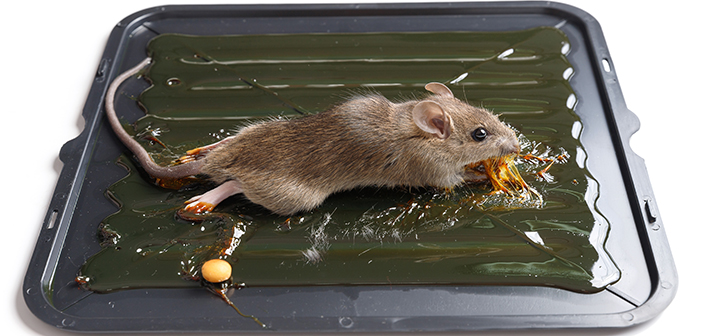British Pest Control Association said that plans to license the use of glue boards in the country will have a devastating impact on food security, public health and vulnerable members of society.
BPCA has raised its concerns in a letter to Steve Barclay MP, the Secretary of State for Environment, Food and Rural Affairs.
It has asked for a delay on the implementation of the licensing scheme, to engage with the professional pest management community, and protect public health.
Ian Andrew, BPCA chief executive, said: “This is an ill-thought-out licensing scheme, which will cause disease, distress and business closures.
“Many businesses, such as supermarkets, restaurants, takeaways and accommodations, will be completely excluded from consideration for a licence.
“Allowing glue boards to be used in food production sites shows an understanding that they are essential to public health, but whether that site distributes nationally should not be the deciding factor in whether glue boards can be used. The risk of rodent infestation and its impact on public health does not diminish once food leaves a production facility.”
Mr Andrew said that indications from Ministers are that individual licences would likely take 15 days to be granted.
“This will not only lead to lengthy closures for businesses or dangerous conditions for consumers, but a bill of around £2,500 for each deployment of glue boards when they are eventually permitted,” Mr Andrew said.
“Glue boards are already tools of last resort when all else has failed. This scheme means that businesses will close, food safety standards will fall, and food prices will rise.”
BPCA has also voiced concern over a lack of provision for glue board treatments in homes, even in the most dangerous situations, which it says will lead to many of the most vulnerable people in England being forced to live alongside severe rodent infestations for weeks while other methods of control begin to work.
Mr Andrew added: “While we welcome a practicable licensing scheme for pest professionals, what has been proposed, with limited consultation and only six weeks before implementation, has glaring faults, assumptions and omissions.
“These plans put the welfare of rats and mice above human health and safety.”


